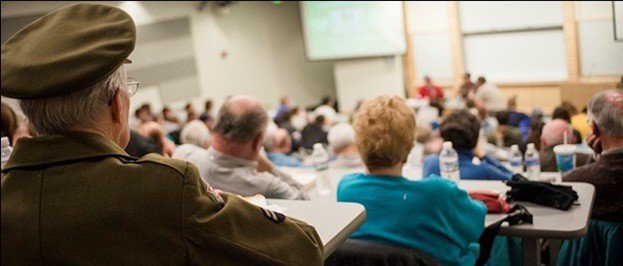
‘Wartime Stories’

When you choose to become a soldier, you know it means that your life will be in grave danger. Dying doesn’t only happen in actual combat or battlefield but also in training. You have to undergo rigorous training that will test your physical, mental, and psychological abilities. But if you are not a soldier you can only imagine what experiences they have went through, which is far from the reality of living them.
Regis College are holding a history course and free public speaker series entitled as “Stories from Wartime”. Every Thursday, veterans who had first-hand experience of wars from World War II, Afghanistan, and up to Iraq attend this event. During this time, they are narrating their memories and sharing how their experiences changed their lives. With the help of this event, students are able to see the personal side of war that textbooks can’t offer.

The Regis’ Center for the Study of War Experience has been holding this event for 22 years. They have an extensive collection of items, written testimonies, and videotapes that help describe the lives of more than 150 American veterans during wartime. Thus, it is recognized by the country as a source of personal war narratives and testimonies.
This year, the university launched the event in late January and will keep it going until April 25. It was organized by Professor Nate Matlock and will feature veterans from World War II, Vietnam, Korea, and Iraq. According to him, the main goal of the “Stories from Wartime” is to make citizens understand the experience of an individual in a real conflict.
“About 1 percent of the population ever serves in uniform, and only a small fraction of those people ever see a shot fired in anger. And so I think it’s very important for people who have done the nation’s fighting to be in dialogue with members of the community and with the public so everybody can have some better understanding of what’s done in our name, how it’s done, and we can make informed decisions about when we’re going to commit to a course of violence.” – Professor Matlock
The first-panel discussion happened on January 31 with five veterans who shared their stories during their duties and after they left the military service. There are several veterans who shared different experiences from suffering PTSD, insomnia, shifting moods, taking medications, as well as struggles of being a woman in the battlefield.
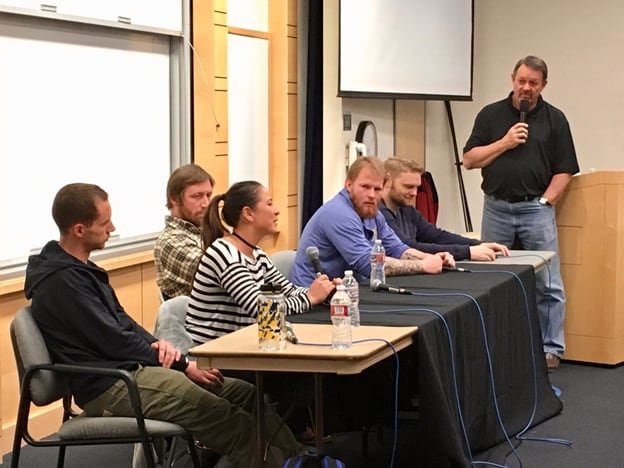
In U.S. Marine David Pond’s case, who retired in 2011 and was ‘mentally broken’ – he suffered from mood swings and difficulty in sleeping. During the dark times of his life, he sought out the K-9 dog who served with him during his seven months in Afghanistan. When they both left the military, they were split up; Pond went back to Colorado while the Belgian Malinois was put in stateside assignments. It took him five years to finally be reunited with Pablo, which greatly helped him deal with his post-deployment experiences.
“I just realized I needed my dog. I needed my Marine back. My reasons were just. If you knew me, you’d say ‘OK.’” – U.S. Marine David Pond
On the other hand, U.S. Army sniper Garett Reppenhagen was deployed to Iraq in the 1st Infantry Division back in 2005. In his opinion, all veterans have ‘some hyper-vigilance with some sounds’. However, in his case, it is his sense of smell that is highly sensitive nowadays. There are certain smells of things like a tea, diesel, or burning trash that reminds him of his times in Iraq. In Reppenhagen’s case, it is a sign of PTSD or post traumatic stress disorder which happens when a person experienced a traumatic incident. Based on the data from the U.S. Department of Veterans Affairs, there are a number of veterans who suffer from PTSD including veterans from the Vietnam and Gulf Wars, as well as Operations Iraqi Freedom and Enduring Freedom.
There are several other stories that war veterans can share with other citizens. Their experiences differ from one another, so we can definitely learn plenty of things from them. With the help of this event, both veterans and citizens can help each other. Veterans are able to voice out their experiences, what can greatly help them with their combat traumas. They have more courage to speak up because they know that there are people who are willing to listen to their stories. On the other hand, citizens will be able to receive first-hand information on what is happening during wartime and appreciate the efforts of every soldier who are risking their lives to serve the country.
More inOpen Your Mind
-
`
How Legally Binding Is a Lease?
How legally binding is a lease? Understanding how legally binding a lease is becomes crucial for landlords when considering rental agreements....
August 31, 2024 -
`
Top 5 Must-Try Dunkin’ Donuts Breakfast Foods
When you are on the go and need a quick yet satisfying breakfast, Dunkin’ Donuts is a favorite stop for many....
August 21, 2024 -
`
What Are the Top 6 Best Places to Raise Children in the U.S?
Choosing where to settle down and raise a family is one of the most significant decisions parents can make. Finding the...
August 17, 2024 -
`
Is Wearing a Hoodie a Sign of Depression?
Is wearing a hoodie a sign of depression? This question has crossed the minds of many concerned parents and friends. It...
August 9, 2024 -
`
Top 6 Things You Should Consider Buying When You Are in Japan
Traditional Japanese Tea Sets When thinking about what to buy in Japan, traditional Japanese tea sets top the list. These beautifully...
July 31, 2024 -
`
Which Caribbean Island Has the Best Food? Here Are the Top 10
Exploring which Caribbean island has the best food is a delightful journey through diverse culinary landscapes. Each Caribbean island offers unique...
July 25, 2024 -
`
Can You Claim Child Support on Taxes? Understanding the Rules
Navigating the financial landscape after a divorce or separation can be overwhelming, especially when it comes to understanding the tax implications...
July 19, 2024 -
`
Top 5 Shadow Work Exercises to Overcome Negative Emotions
Shadow work exercises are essential for anyone looking to overcome negative emotions and improve their mental health. By delving into the...
July 12, 2024 -
`
When Is the Best Time to Visit Yellowstone National Park?
Yellowstone National Park, a crown jewel of the American wilderness, beckons travelers with its geothermal wonders, captivating wildlife, and breathtaking landscapes....
July 2, 2024







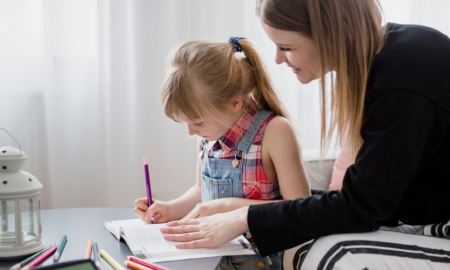

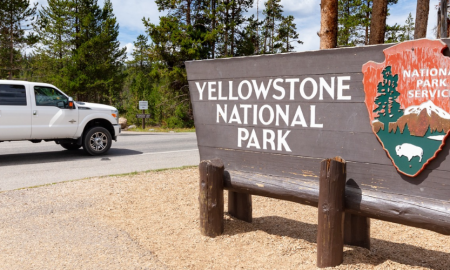



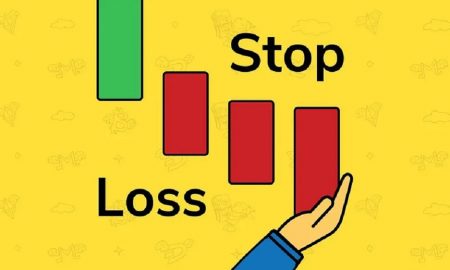

You must be logged in to post a comment Login